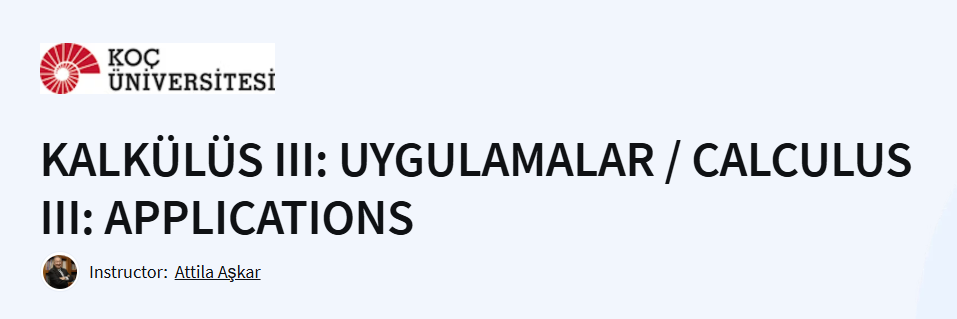What you will learn in the Data Science Math Skills Course
Understand set theory, including Venn diagrams and set operations.
Learn properties of the real number line and interval notation.
Apply summation and sigma notation in mathematical expressions.
Master graphing on the Cartesian plane, including slope and distance formulas.
Explore functions and their inverses, and understand instantaneous rate of change.
Study exponents, logarithms, and the natural logarithm function.
Grasp basic probability theory, including Bayes’ theorem.
Program Overview
Welcome to Data Science Math Skills
⏳ 22 minutes
- Overview of the course structure, working process, and information about course certificates, quizzes, video lectures, and other important course details.
Building Blocks for Problem Solving
⏳ 3 hours
- Introduction to set theory, real number line properties, interval notation, and summation notation.
Functions and Graphs
⏳ 3 hours
- Exploration of the Cartesian plane, slope and distance formulas, and graphing functions and their inverses.
Measuring Rates of Change
⏳ 3 hours
- Understanding instantaneous rate of change, tangent lines, exponents, logarithms, and the natural log function.
Introduction to Probability Theory
⏳ 3 hours
- Basic probability theory, including Bayes’ theorem and its applications.
Get certificate
Job Outlook
Enhances foundational math skills essential for data science roles.
Provides a solid foundation for advanced studies in data analysis and machine learning.
Completing this course can bolster qualifications for roles requiring strong mathematical and analytical skills.
Specification: Data Science Math Skills Course
|
FAQs
- No advanced math background is required.
- The course starts with core concepts essential for data science.
- Focus is on practical application, not abstract theory.
- Designed for learners who may feel rusty in math.
- Math powers algorithms like regression, clustering, and classification.
- Probability and statistics help interpret data and make predictions.
- Linear algebra supports machine learning and big data processing.
- Math ensures data-driven decisions are accurate and reliable.
- The primary focus is on mathematical foundations.
- It prepares you for coding and data science courses that follow.
- Concepts are explained in ways that make programming easier later.
- Think of it as the “toolbox” for future technical learning.
- Yes, math skills here apply to analytics, research, finance, and business.
- Useful for managers who interpret data reports.
- Helpful for students preparing for technical studies.
- Builds problem-solving and logical reasoning skills for any field.
- Clearer understanding of statistical reports and charts.
- Ability to work with probabilities and data uncertainty.
- Confidence to move into programming and machine learning.
- Stronger foundation for tackling real-world datasets.





